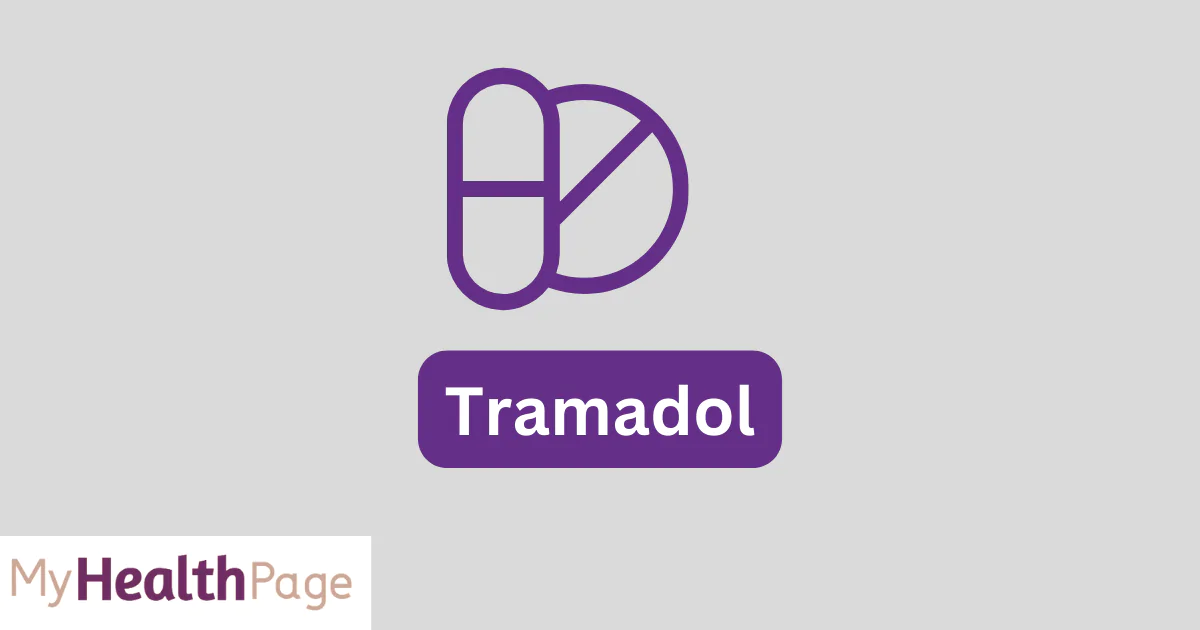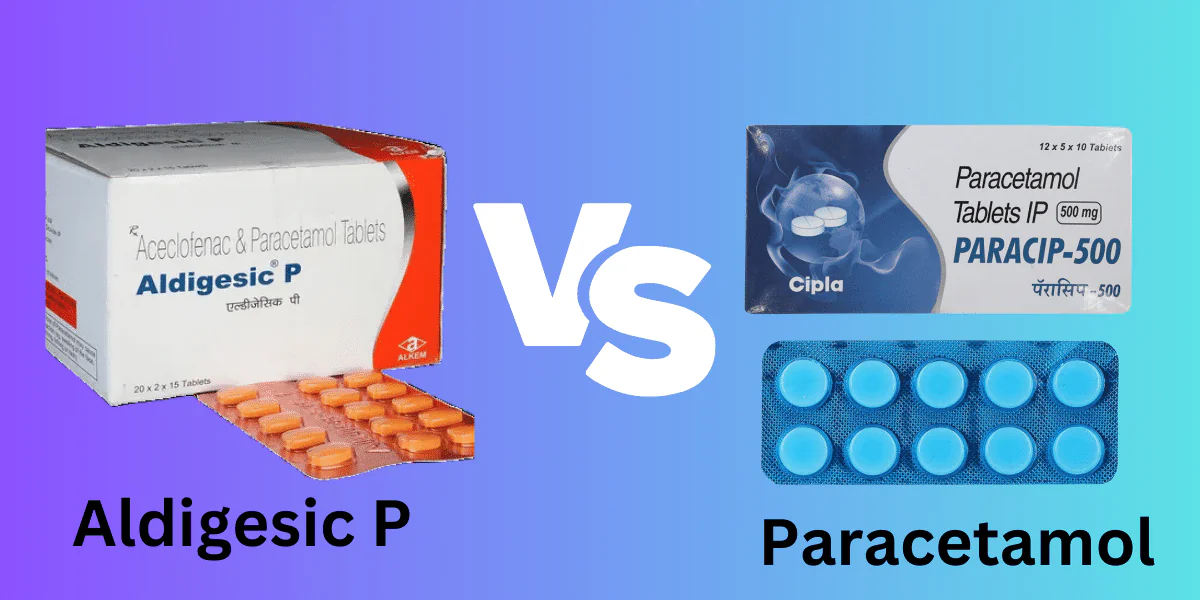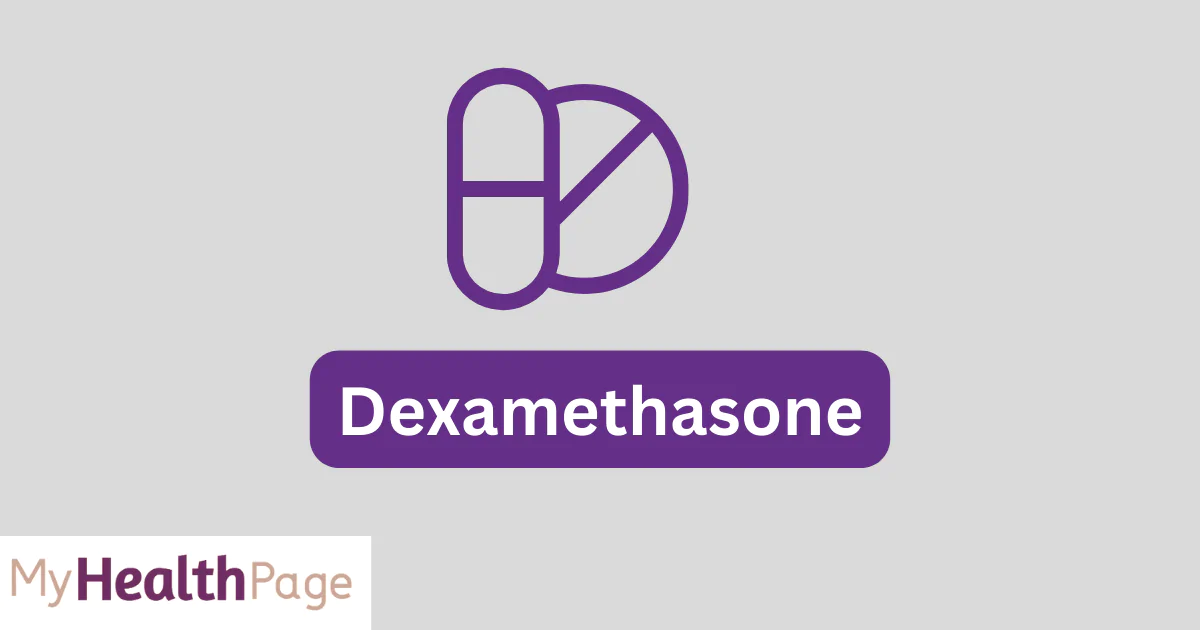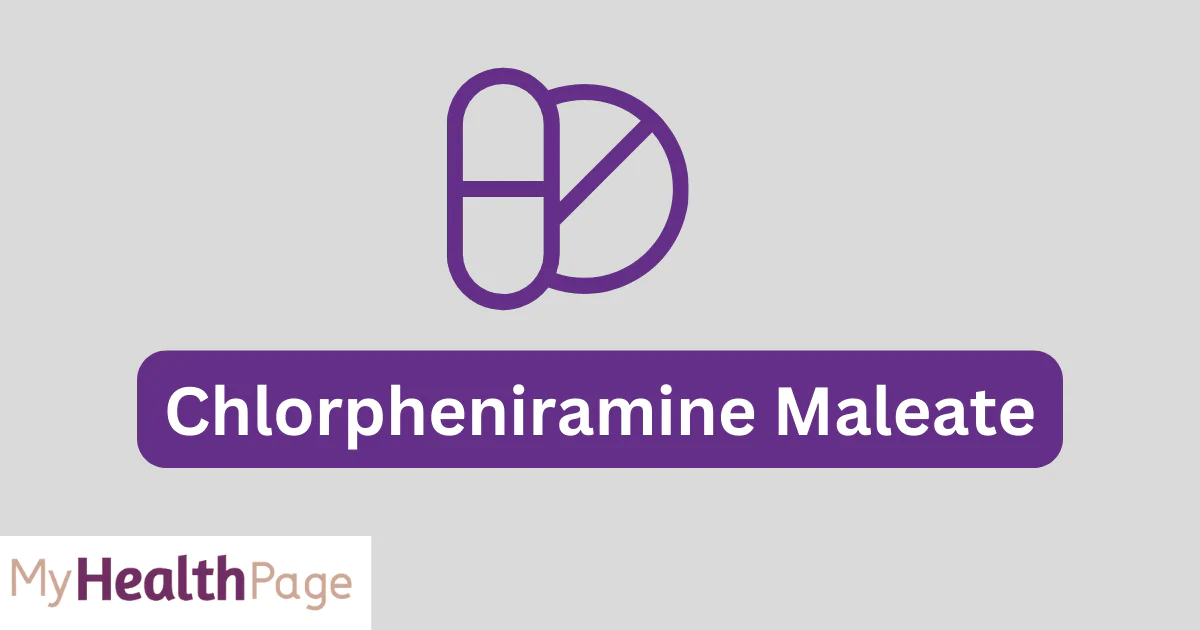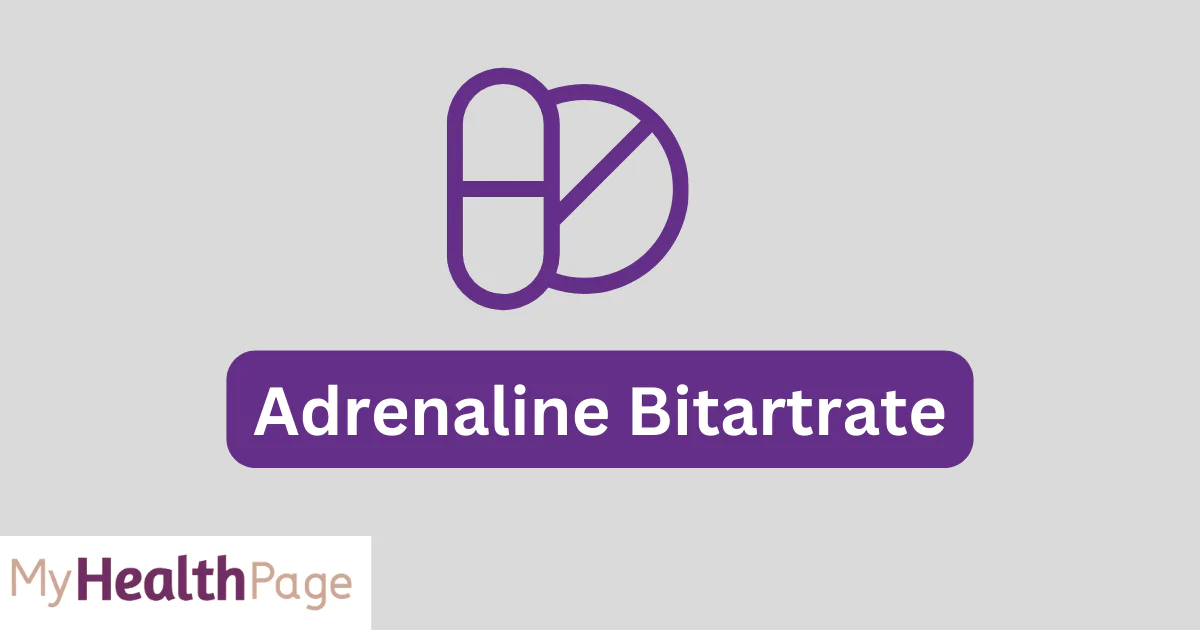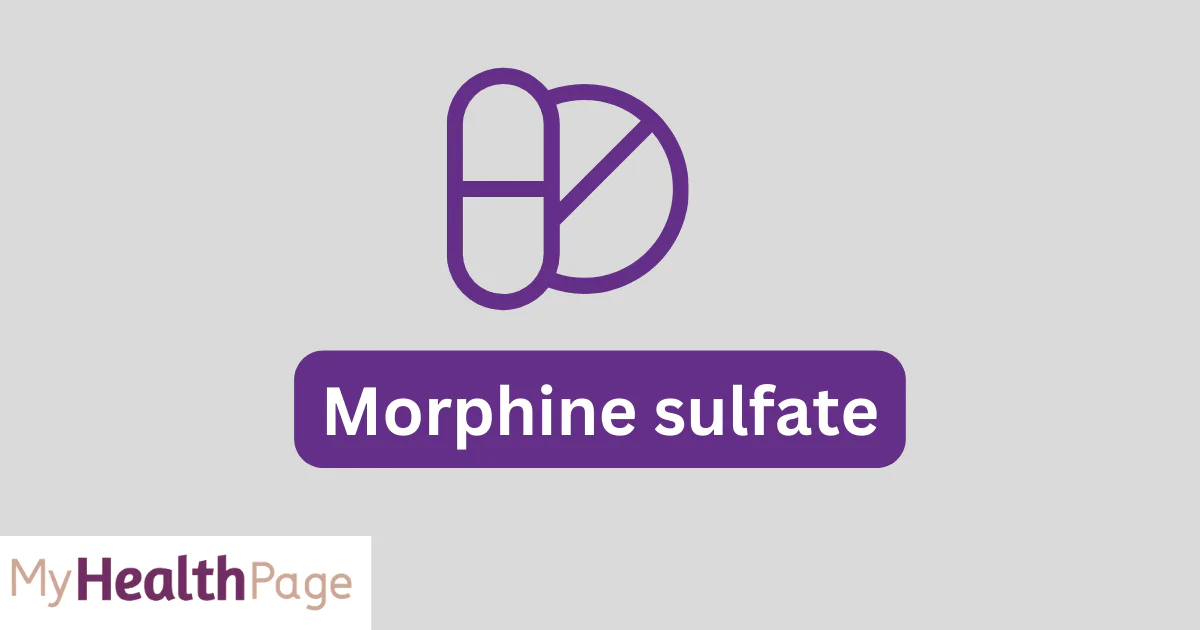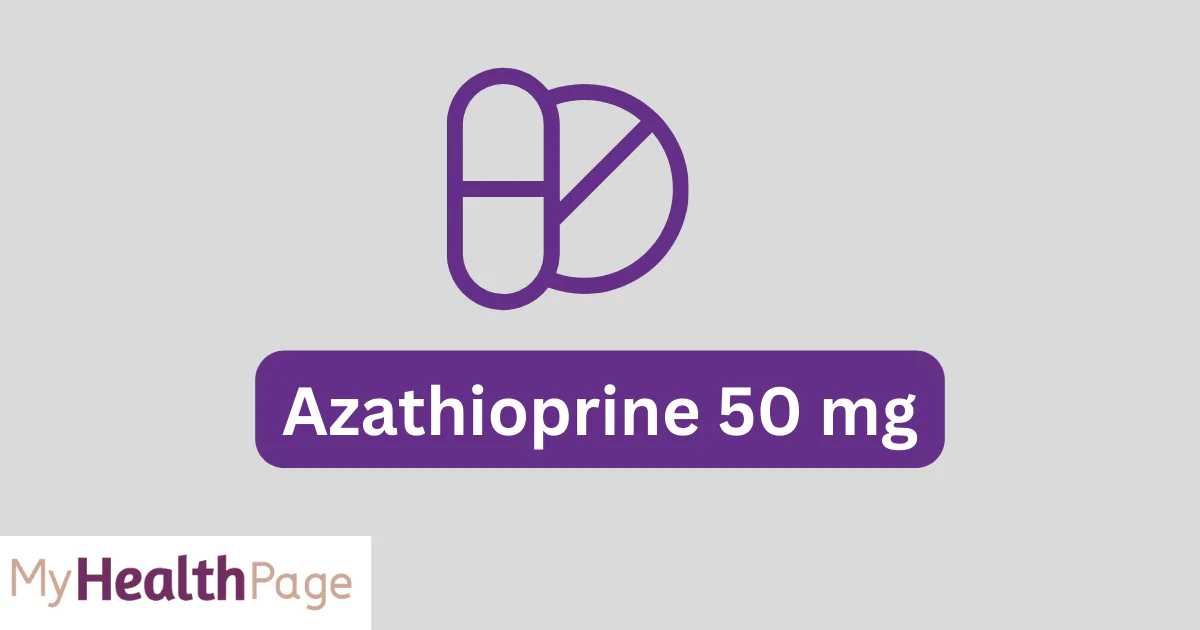Tramadol is a centrally acting opioid analgesic used to treat moderate to moderately severe pain in adults. It belongs to a class of medications known as opiate (narcotic) analgesics and acts on the central nervous system (CNS) to relieve pain. Due to its effectiveness and generally favorable safety profile, tramadol has become a widely prescribed pain management option across various clinical settings.
Mechanism of Action
Tramadol works by binding to the mu-opioid receptor in the brain and inhibiting the reuptake of two neurotransmitters, serotonin and norepinephrine, which are involved in the modulation of pain signals. This dual mechanism contributes to its analgesic effects, distinguishing tramadol from other opioid analgesics that primarily act through opioid receptor activity alone.
Indications
Tramadol is indicated for the management of:
- Moderate to moderately severe acute pain.
- Chronic pain conditions when other treatments are insufficient.
Dosage and Administration
The dosage of tramadol varies based on the intensity of pain, patient response, and individual tolerance levels. It is available in immediate-release and extended-release formulations:
- Immediate-release: Typically, the starting dose is 50 to 100 mg every 4 to 6 hours as needed for pain relief.
- Extended-release: Used for chronic pain requiring continuous treatment, with doses starting at 100 mg once daily, which may be adjusted based on efficacy and tolerability.
Safety and Side Effects
While tramadol is generally well-tolerated, it does come with potential side effects and risks, including:
- Nausea, vomiting, constipation, dizziness, and drowsiness.
- Risk of serotonin syndrome when combined with other medications that increase serotonin levels.
- Potential for dependence and withdrawal symptoms, especially with long-term use.
Precautions and Interactions
Tramadol should be used with caution in patients with a history of substance abuse, severe respiratory conditions, or in those taking medications that significantly interact with the opioid system or serotonin modulators. It is important to review a patient’s medication history to avoid adverse drug interactions.
Dependence and Withdrawal
As with other opioids, there is a risk of developing dependence on tramadol, particularly with prolonged use. Abrupt discontinuation after long-term use can lead to withdrawal symptoms, so it is recommended to taper the dose gradually under medical supervision.
Contraindications
Tramadol is contraindicated in patients with:
- Hypersensitivity to tramadol.
- Severe respiratory depression.
- Acute or severe bronchial asthma in an unmonitored setting.
Summary
Tramadol is an effective analgesic for moderate to moderately severe pain, offering a unique mechanism of action. Its use, however, necessitates careful consideration of the patient’s overall health, potential side effects, and the risk of dependence. Proper patient selection, dosage adjustments, and monitoring are crucial to optimize therapeutic outcomes while minimizing risks.
Read more :Paracetamol: A Comprehensive Guide to Safe Usage
Disclaimer : The information provided on myhealthpage.in is not a substitute for professional medical advice, diagnosis, or treatment. If you have any questions or concerns about your health, please consult with a licensed physician or other qualified healthcare provider.

